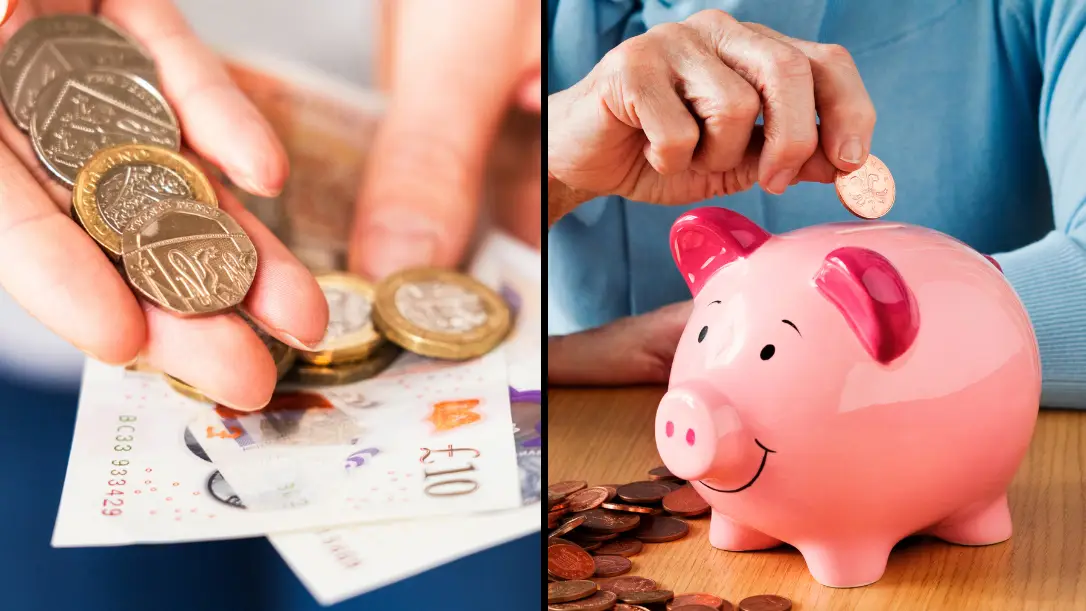
You could be entitled to thousands of pounds every single year on top of working, under current UK benefit laws.
And it's something that more than three million Brits currently take advantage of, with money dropping in to their bank accounts on a weekly basis.
We're on about a specific state benefit issued by the Department for Work and Pensions (DWP), which exists to help Brits with extra living costs.
Advert
It's not applicable to everyone, with there being certain criteria you have to hit in order for it receive payments.
The benefit in question is Personal Independence Payments, or PIP as it is commonly referred to.
And the payment rates for 2024/25 have just been upped too, meaning there's no better time to see if you can claim the money.
What is PIP?
It's a state benefit issued to people to help them cover the costs of things that most people don't have to.
This is if you have a long-term physical or mental health condition or disability.
You also must have difficulty doing specific tasks that are deemed to be 'everyday' things. This can include difficulty getting around because of your condition.

You get PIP even if you're working or have savings, as it's not a means-tested benefit.
The most common reason for claiming PIP is psychiatric disorders. In total, 1.3 million people get PIP for this. The second most common is general musculoskeletal disease, such as arthritis and fibromyalgia.
Two parts to PIP - what are they?
PIP comes in two parts. The first is a daily living part which helps with everyday tasks. The second is a mobility part that focuses on helping those who have difficult getting up and about.
The money you receive differs depending on which one you qualify for.
The daily living part is for those who might need help with the likes of preparing food; eating and drinking; managing your medicines or treatments; washing and bathing; using the toilet; dressing and undressing; reading; managing your money; socialising and being around other people; and talking, listening and understanding.
The mobility payments come in for those who struggle working out a route and following it; struggle to physically move around; and struggle to leave home.

PIP payment rates
The standard daily living part is increasing to £72.65 a week, up from £68.10. An enhanced payment is going up to £108.55 a week from £101.75.
The standard mobility party payments are increasing to £28.70 from £26.90. The enhanced rate here is going up to £75.75 from £71.
In total, it means those on the standard daily living part will receive £3,777.80 a year, with the enhanced part sitting at £5,644.60.
The standard mobility rate is £1,492.40 a year and £3,939 for the enhanced rate. You can receive both, meaning the top amount that you could receive is £9,583.60.
Putting in a claim
To claim for PIP, you should ring the DWP on 0800 917 2222.
It'll then send you a form that asks you about what your condition is.
An assessment could be required but it'll depend on your individual application.
Topics: Cost of Living, Jobs, Mental Health, Money, UK News